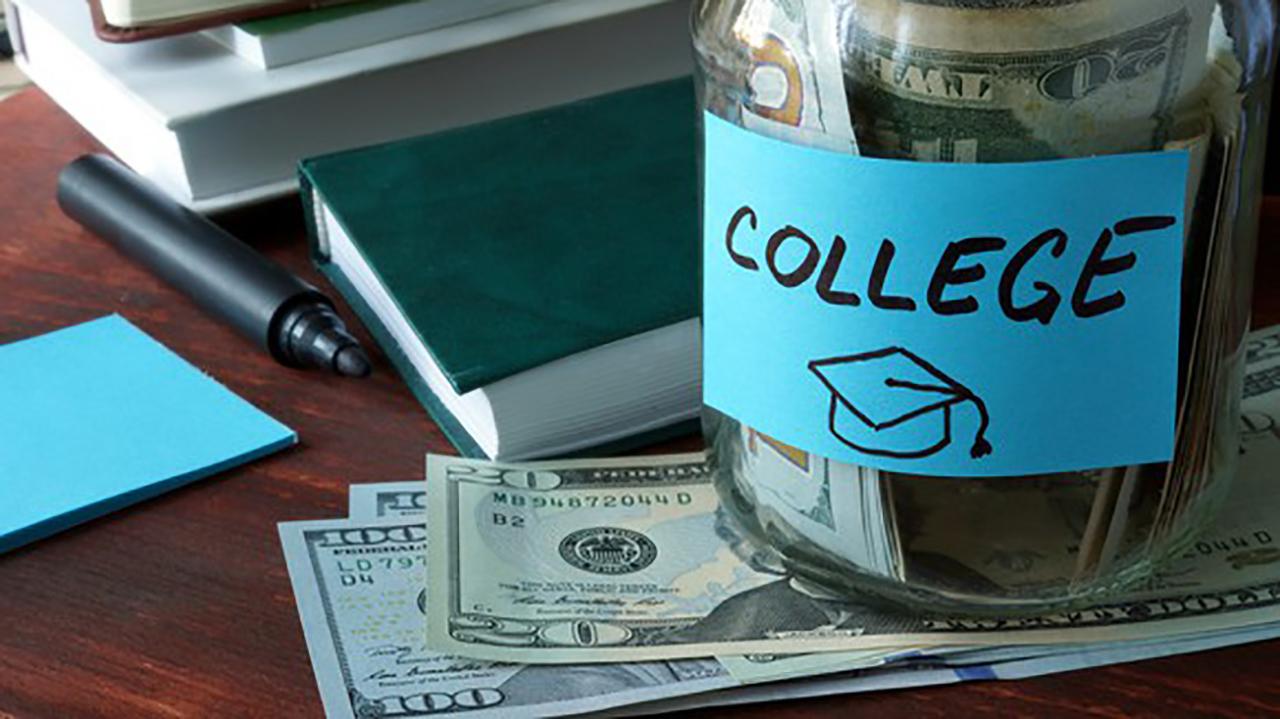5 steps to start paying back your student loans
Student loan debt is the unwanted “gift” that just keeps on giving, long after students have graduated from college.
The Institute for College Access & Success says about 65 percent of seniors who graduated from public and private nonprofit colleges in 2017 had student loan debt, with borrowers owing an average of $28,650. Unfortunately, graduates may be carrying that burden for more than a decade.
While the Consumer Financial Protection Bureau says the standard repayment period for federal student loans is up to 10 years; extended federal student loan repayment plans and some private student loan terms can be up to 25 years. Individuals unable to make those payments are facing another harsh reality.
The Brookings Institution suggests that nearly 40 percent of borrowers may default on their student loans by 2023. The most recent data from the Federal Reserve Bank of New York puts student loan delinquency rates at 11.5 percent in the third quarter of 2018.
For recent graduates paying back their loans for the first time, Antoine Oakley, director of corporate communications at Sallie Mae says it's important to approach the debt strategically.
“For students who are repaying or entering repayment, this is their first experience with repaying a loan,” he says. “Having a plan, setting priorities and being disciplined are really the key components of a successful student loan repayment strategy. So it’s really important for them to get off to a great start.”
Oakley has the following tips for recent college graduates with student loan debt:
Know how much and who you owe
Do you have federal or private student loans? How much do you owe including accrued interest? Oakley says borrowers need to fully understand their commitment.
“Understanding that is important and how to fit that into the expenses that already exist in your life,” he says.
Enroll in auto debit
With automatic payments, you never have to worry about missing a payment and paying late fees. Oakley says by enrolling in auto debit, you may also qualify for a discounted interest rate.
“When it comes to building a favorable credit history - those on-time payments and avoiding the late fees really work out for students in the long-term,” he says.
Consider paying a little extra
Oakley says making large or more than the minimum payments will help you pay off your loans sooner. You will also pay less interest. Sallie Mae, Student Loan Hero, and NerdWallet are among the companies with prepayment calculators. The tools can help you figure out how much you might save by making extra payments.
Use all or part of a cash windfall
Are you expecting a bonus from work? A tax refund check? An inheritance? Oakley says unexpected sources of income can put a dent in your student loan debt. A Citizens Bank survey found that 74 percent of Americans with student loan debt wish they had done more to minimize the burden of those loans.
“Be disciplined,” he says. “Instead of using it to take a trip or something like that, we encourage people to consider using all or part of that money.”
Think long-term
Oakley says paying on time and consistently can help graduates establish good credit and favorable credit histories.
“Learning the credit basics is important,” he says. “Building a favorable credit history should be in the back of their mind. Going forward, those things will begin to be important as they enter adulthood. It can make a big difference when you are going to apply for a loan, a credit card, taking out a mortgage or even applying for a job.”
Linda Bell joined FOX Business Network (FBN) in 2014 as an assignment editor. She is an award-winning writer of business and financial content. You can follow her on Twitter @lindanbell




















